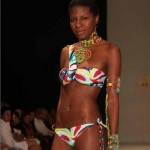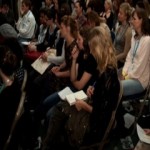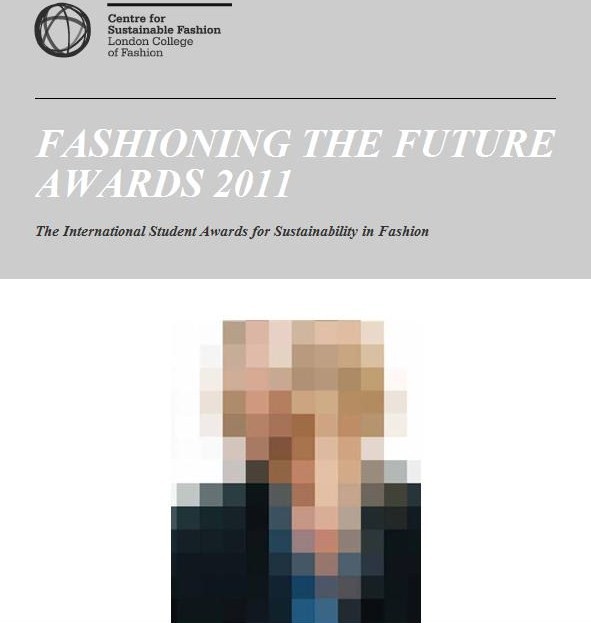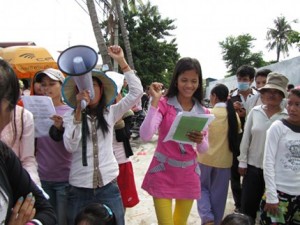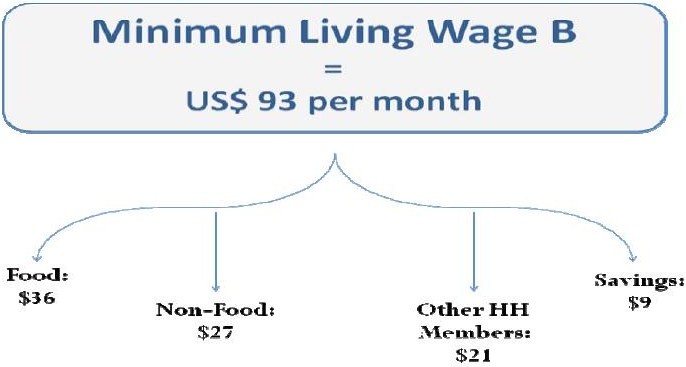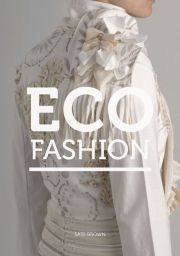

We mentioned a while back that SA is a supporting partner of ECO Fashion Week Vancouver, coordinating the conference to promote education. Well, the conference schedule is set, and we are so excited!
Here are the details, plus some abstracts, session learning objectives and recommended reading!
Carly Stojsic // ECO as Movement, not Trend
2:00 pm — Tuesday, September 28th
Join industry expert Carly Stojsic at EFW as she presents key insights and research into ecofashion, forecasting trends for 2011-2012. Ecofashion has grown to encompass a movement within the fashion industry; emphasising the importance of environmental consideration, ecofashion supports a shift in conventional practice. Stojsic is Canada’s Market Editor at Worth Global Style Network (WGSN), and at EFW, she will showcase ecofashion as you’ve never seen it before. Eco as Movement, not Trend will secure the place of ecofashion within the industry
Click here for tickets!
Dr. Andrew Weaver // Global Warming: The Scale of the Problem, the Path to the Solution
10:00 am — Wednesday, September 29th
The foundations of the science of global warming will be presented and a discussion of our present climate will be framed within a historical perspective of the Earth’s climate over the last 800,000 years. The range of projections of climate change over the next century will be summarized and the public confusion arising from the media portrayal of the science and its entry into the political arena will be discussed. Finally, how various international policy options fit within the framework of necessary actions required to reduce greenhouse gas emissions will be reviewed.
This talk will be based on the book: Keeping our Cool: Canada in a Warming World.
Learning Objectives:
1) How the media affects public perception of global warming science.
2) Future greenhouse gas emissions need to reduce to zero if we wish to deal with global warming.
3) Dealing with global warming is empowering. Everyone is part of the problem; everyone is part of the solution.
Recommended reading
Keeping our Cool: Canada in a Warming World, Andrew Weaver
Click here for tickets!
Mark Trotzuk and Paul Raybin // Lifecycles in Fashion
12:00 pm — Wednesday, September 29th
1. Mark Trotzuk: Apparel Lifecycle Impacts & Mitigation of Impacts
The Lifecycle Stages are discreet intervals along the life of a finished product—and the materials which make up the product—where environmental impacts are realized. These stages include the processes of raw materials, manufacturing, delivering, using and managing the end of life for products. It is important to consider different ways of mitigating these impacts.
Learning Objectives:
1) Stages of the lifecycle of an apparel item
2) Impacts of the lifecycle of an apparel item
3) Mitigating the impacts during the lifecycle of an apparel item.
2. Paul Raybin: Lifecycle Assessments – Water & Textiles
Discussion on water use in the textile industry: creating awareness and helping people understand impact of the textile industry on water use and pollution. Paul will explain the various points where water use and pollution are factors in the lifecycle of a garment and opportunities for water-saving technologies and practices.
Learning Objectives:
1) Further the understanding of life cycled assessment with particular assessment of water use in the textile industry.
2) Provide designer options on how to reduce water use into their choices of textile, dye, and decoration.
Recommended reading
When the Rivers Run Dry: Water–The Defining Crisis of the Twenty-First Century, Fred Pearce
No Impact Man, Colin Beavan
Click here for tickets!
Summer Rayne Oakes // Eco-Trends: The Art & Science of Sourcing Sustainably
10:00 am — Thursday, September 30th
Eco-Trends: The Art & Science of Sourcing Sustainably
A bird’s eye view on defining sustainability; international industry metrics; and the latest technologies to help designers and retail sourcing specialists source more sustainably. Talk includes a look into the source4style.com, a new B2B online marketplace that allows designers and retail sourcing specialists to search, compare and purchase more sustainable materials and services from a network of global suppliers – as well as some of the exciting sustainable trends that are surfacing.
Learning Objectives:
1) How to locate and source more sustainable materials for your collections
2) What current industry metrics are available to aid designers and brands in assessing their environmental and social impact
3) What we can learn and predict from crowdsourcing a sustainable sourcing community
4) Upcoming trends in sustainable materials, sourcing and style.
Recommended reading
Style, Naturally: The Savvy Shopping Guide to Sustainable Fashion & Beauty, Summer Rayne Oakes
Click here for tickets!
PANEL DISCUSSION [ @Tradeshow] // Digging Deeper: Audience Q&A
3:00 pm — Thursday, September 30th
Digging Deeper is an opportunity for tradeshow attendees to speak directly with key panel members and address any questions or concerns they might have coming out of the conference. Panel members will take questions from the audience to expand upon ideas presented throughout the conference and continue the conversation, investigating how these ideas are translated on the ground.
- Myriam Laroche, President, ECO Fashion Week Vancouver
- Summer Rayne Oakes, Source4Style
- Jeff Garner, Prophetik
- Paul Raybin, AirDye®
- Mark Trotzuk, Boardroom Eco Apparel
- Lindsay Coulter, David Suzuki’s Queen of Green
Visit ECO Fashion Week Vancouver for ticket information, and to learn more.


